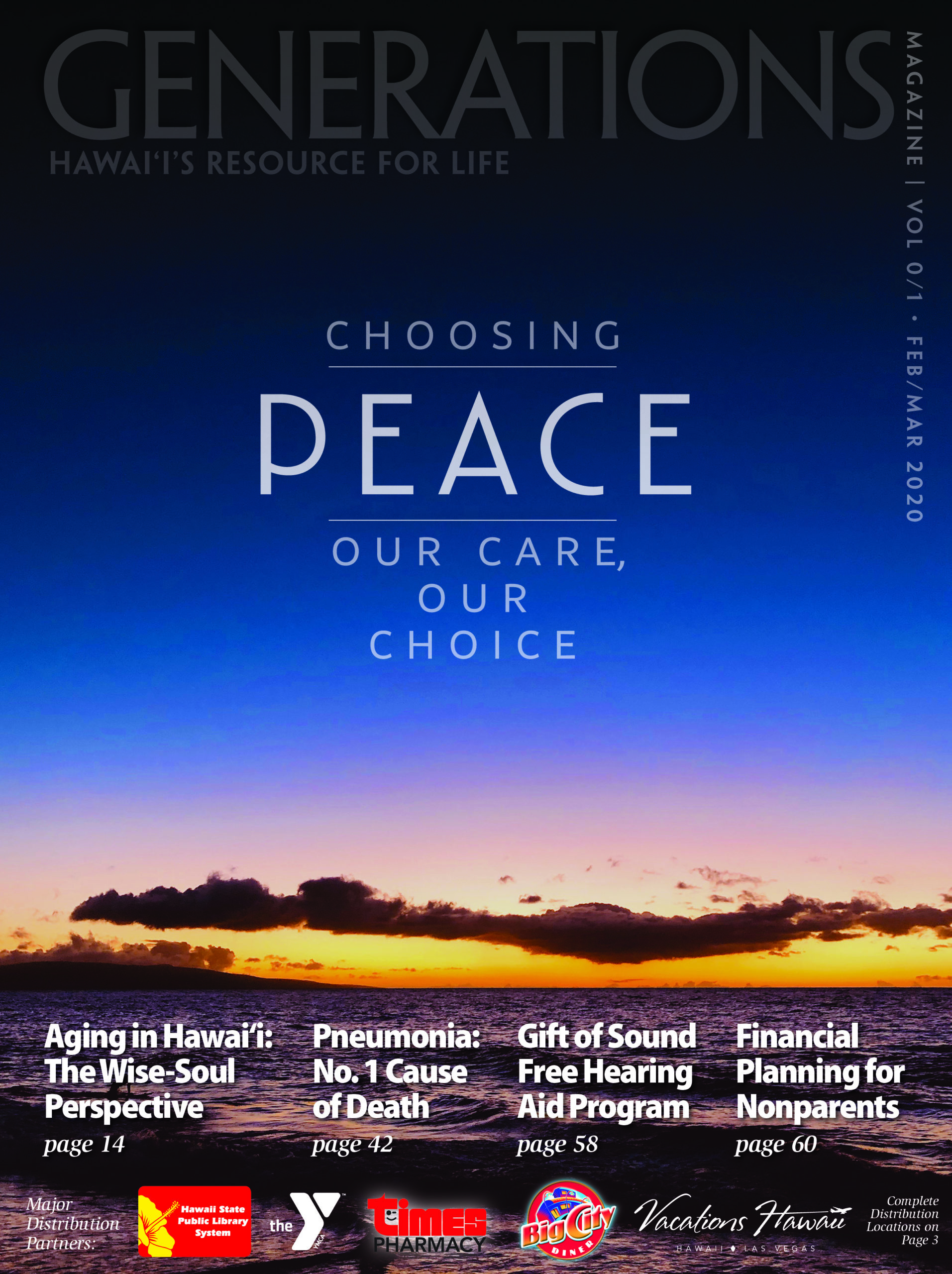Category: February – March 2020
-
Before Selling, Back Up & Purge
Before trading in or selling your mobile devices, cellphones or tablets, be sure no sensitive data is left behind that may put you in jeopardy. Here are a few basic steps to reduce the risk of being victimized.
-
Please Take Your Car Keys!
You would not place a welcome mat outside your car for criminals or hire someone to waive around a sign by your vehicle saying “steal this,” but that is exactly what many drivers do when they leave their keys in their vehicles. As a prosecutor, no crime gets me more upset than one that could…
-
Special Needs Planning
Over 54 million adults and children in the U.S. have a disability. The concerns of parents of disabled children are the same for most any parent — ensuring that their children are safe, happy and live a meaningful life. Some children may be unable to earn a living. Both the federal and state governments understand…
-
Don’t Be ‘Buried Alive’
Protecting personal privacy is generally a good thing, but can also have unexpected results. Consider the plight of a 90-year-old lady (“Nancy”) who was the life of her weekly exercise classes. Nancy was very well known for youthful outlook and zest for life. So when Nancy missed class one day, her friends tried to contact…
-
Financial Planning for Non-parents
Those who do not have children tend to have more financial flexibility to pursue their goals throughout life and retirement. This makes sense when you consider that the cost of raising a child from birth to adulthood is currently estimated at $233,610 (before you factor in college). However, childless singles and couples still need to…
-
Gift of Sound – Free Hearing Aid Program
The Rotary Club of Honolulu is teaming with Miracle Ear Foundation’s Gift of Sound™ program, which provides free hearing aids to those that qualify. The application fee is $150, which includes a hearing assessment, hearing aid fittings and follow-up adjustments. While supplies last, the Rotary Club of Honolulu will assist those who can not afford…
-
Hospice Support for Body, Heart & Soul
Navian Hawaii is grounded in a comprehensive care philosophy, providing an interdisciplinary program of care to support patients and their loved ones’ physical, psycho-social, emotional and spiritual well-being. Complementary therapies are a vital part of this care philosophy.
-
Finding the Right Type of Caregiver
Evaluate the logistics and duration of the care you want and need. If seniors prefer to stay at home for comfort and convenience, the family should consider long-term, in-home caregivers who are part-time, full-time or can reside in-home. Those needing specialized care or end-of-life care often chose full-time caregivers, whose skills, credentials and fees vary.

